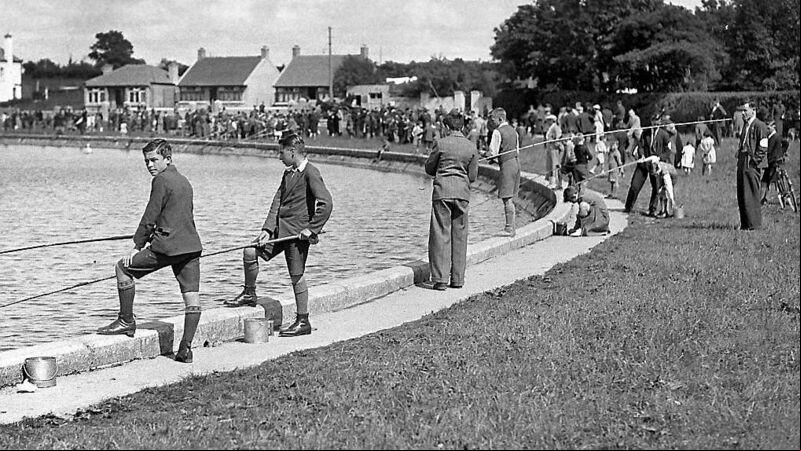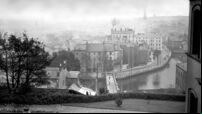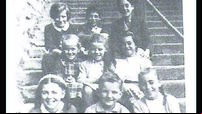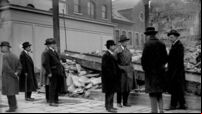Dad ruined wedding suit saving a woman from drowning in Cork

YOU will that mention of Alannah Hopkin’s book, The Ship Of Seven Murders, in last week’s Throwback Thursday.
“Now I am wondering, whatever happened to the model ship that was made by the ship’s captain who murdered seven of his crew?”










